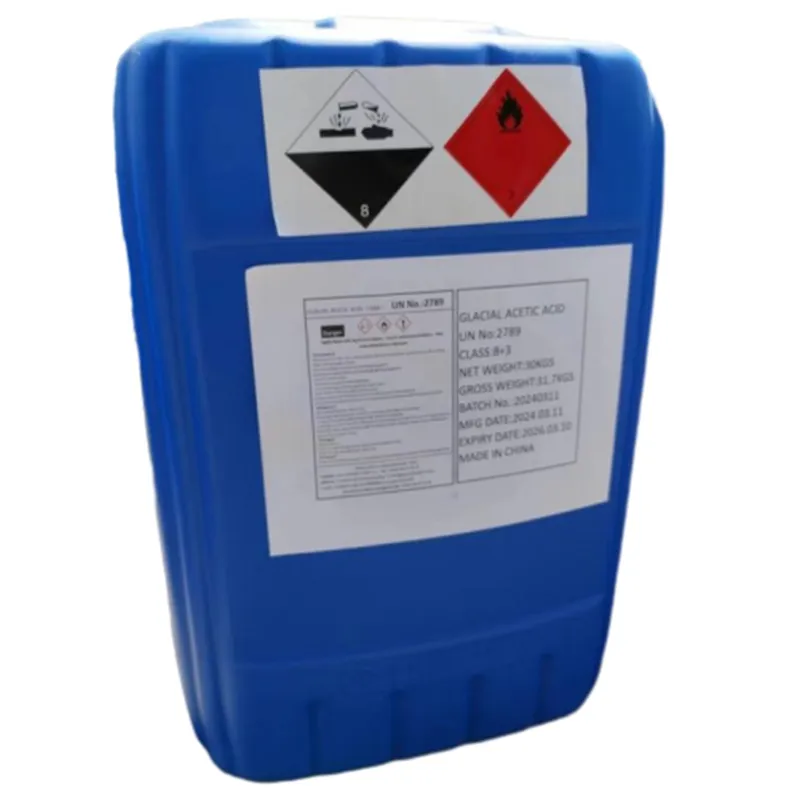...
2025-08-16 04:45
267
...
2025-08-16 04:30
2755
...
2025-08-16 04:18
1822
...
2025-08-16 03:49
1405
...
2025-08-16 03:48
550
...
2025-08-16 03:35
67
...
2025-08-16 03:28
1747
...
2025-08-16 03:01
1279
...
2025-08-16 02:44
493
...
2025-08-16 02:30
1269



